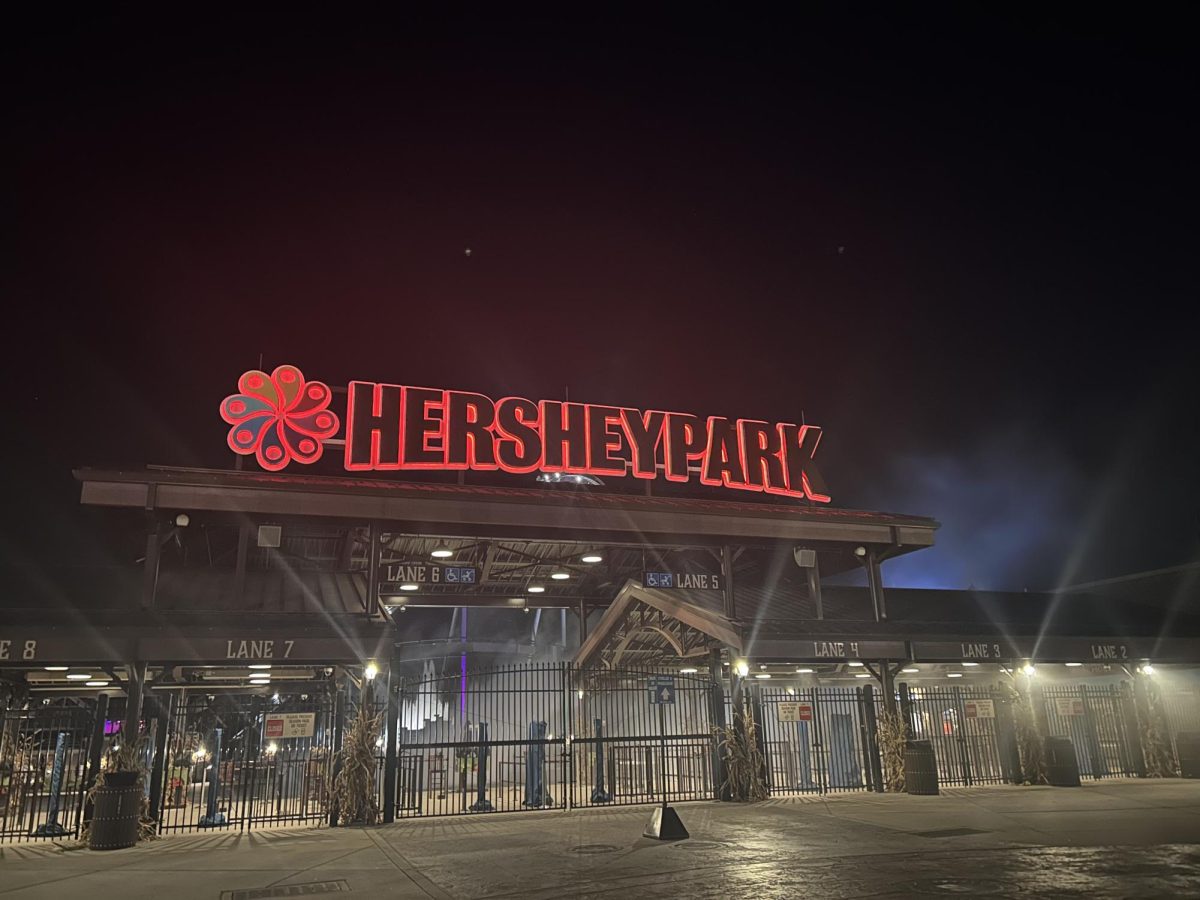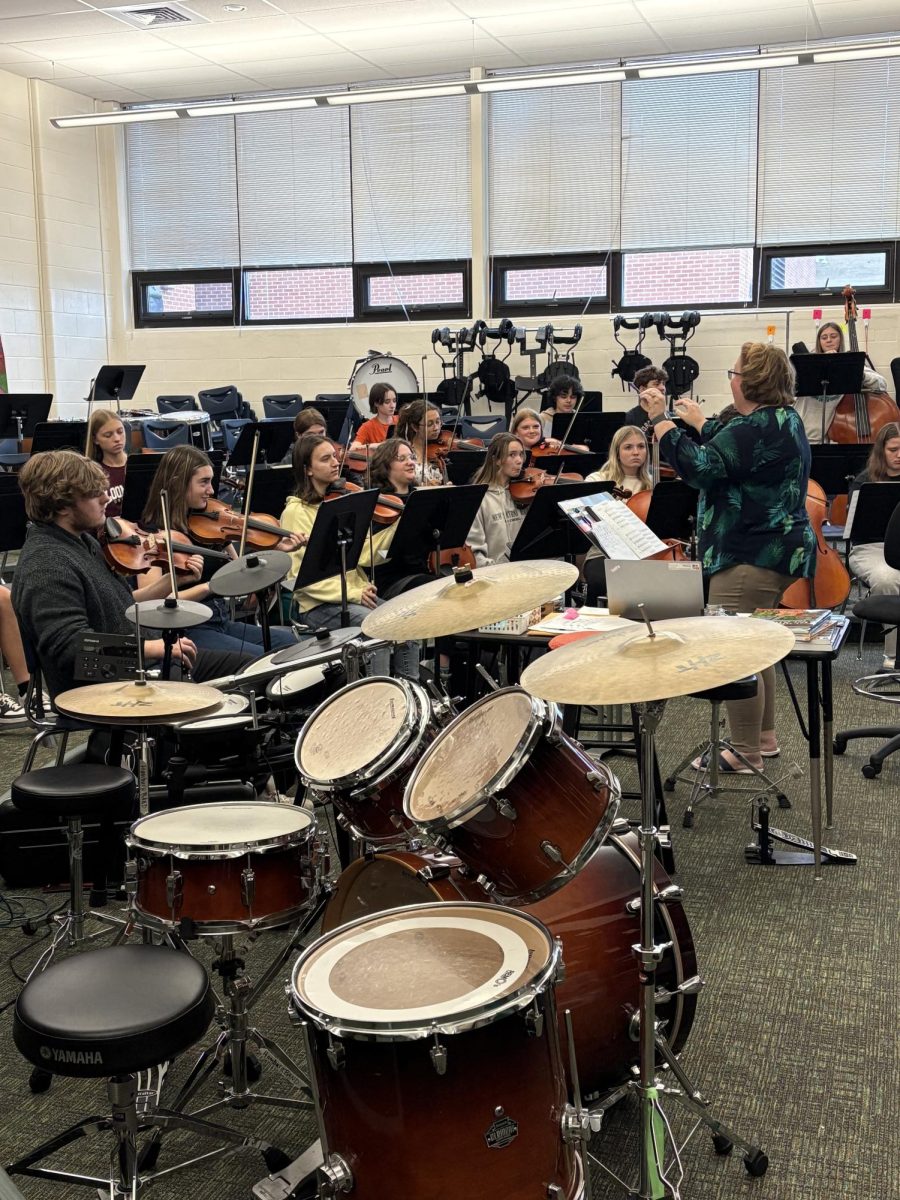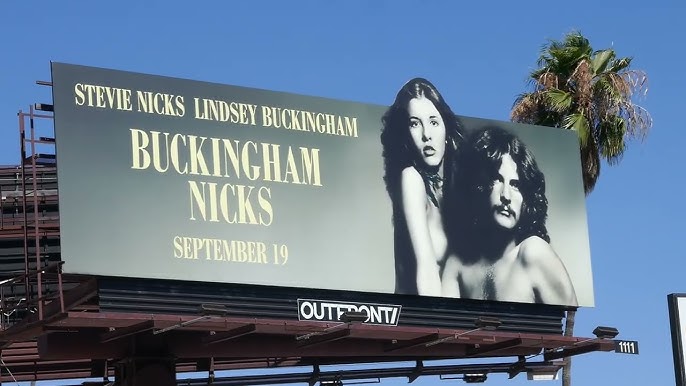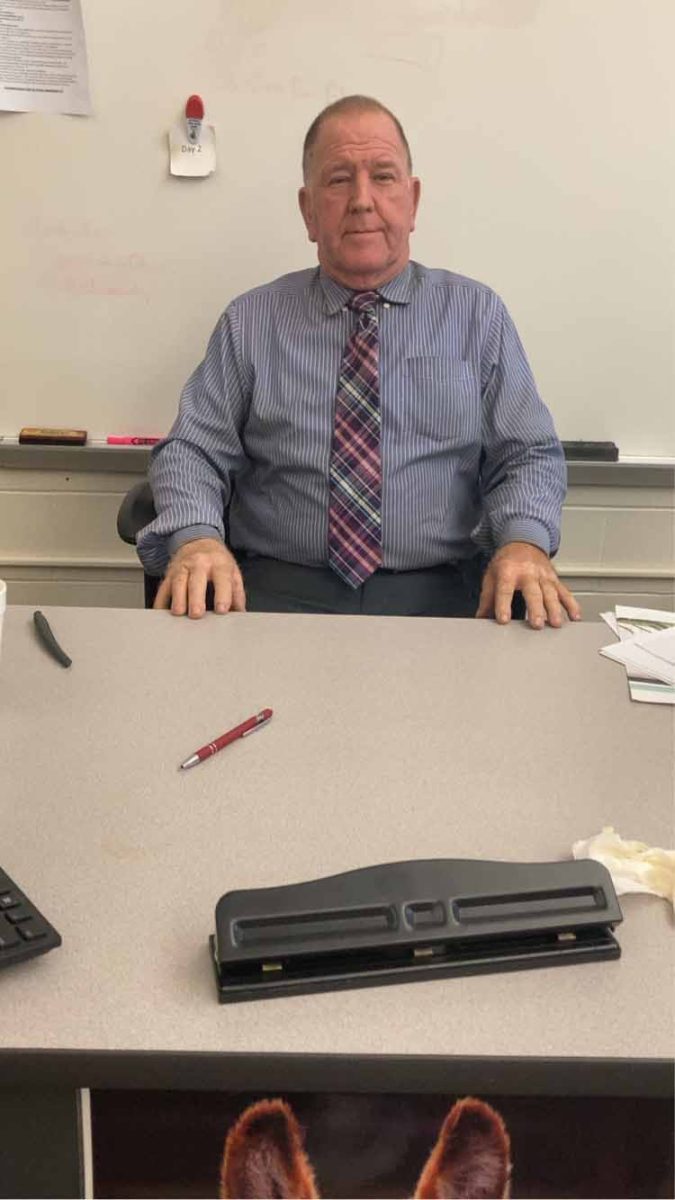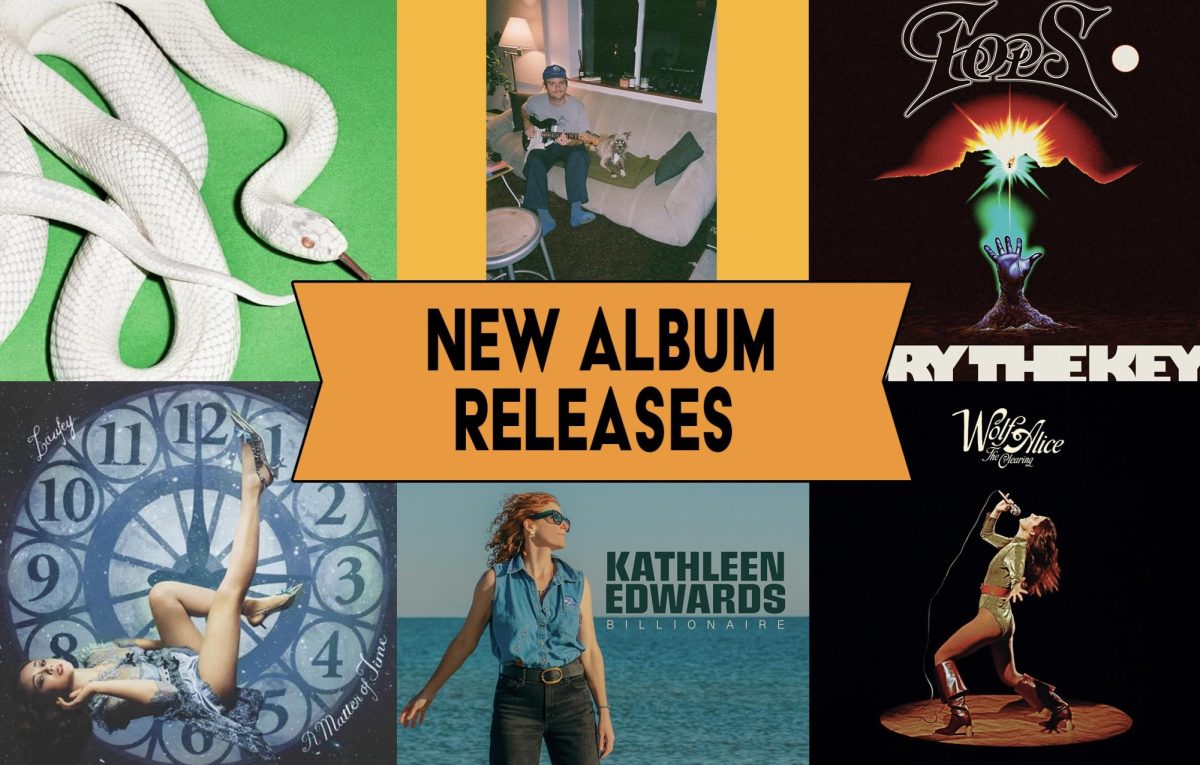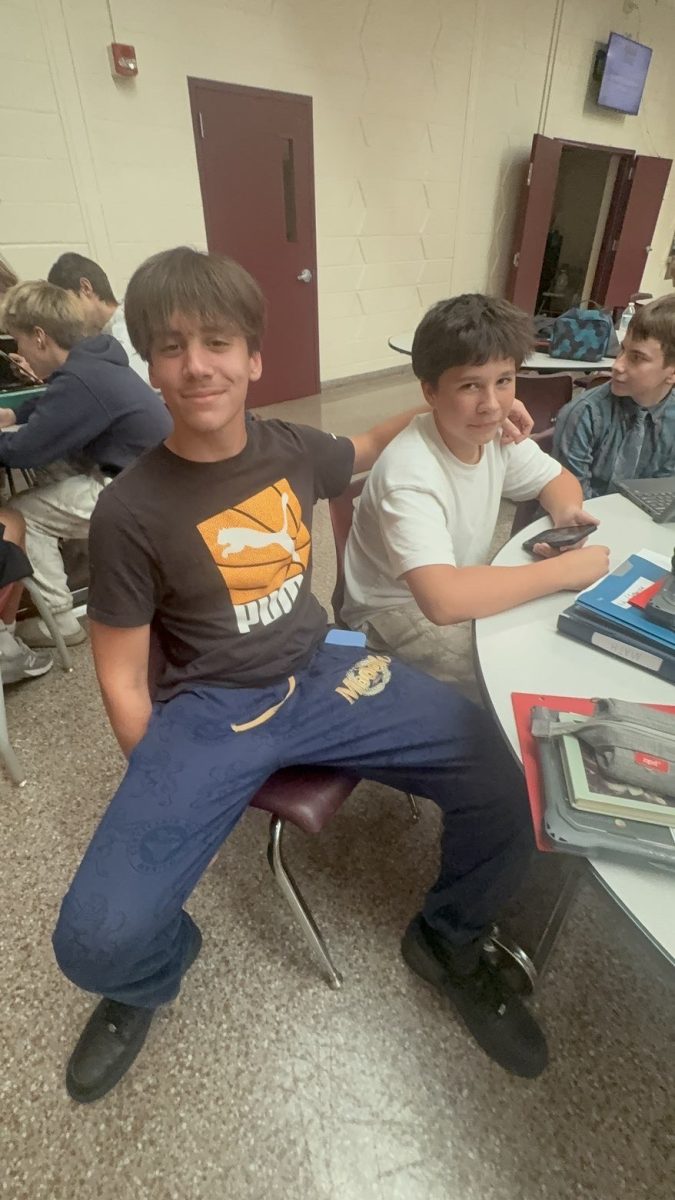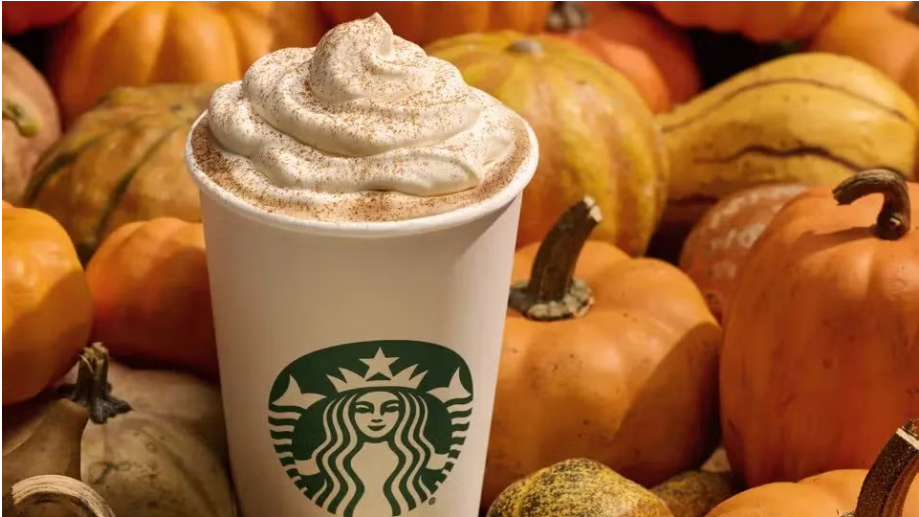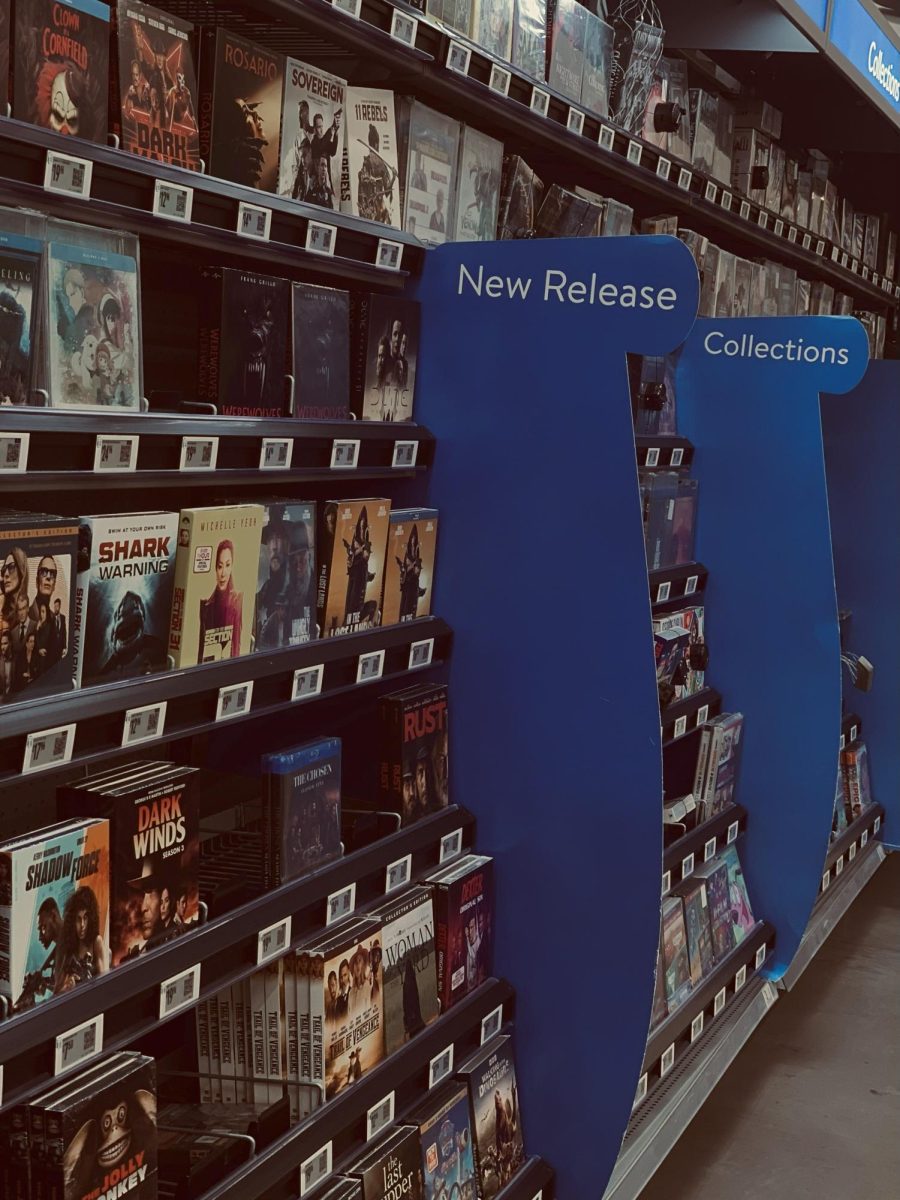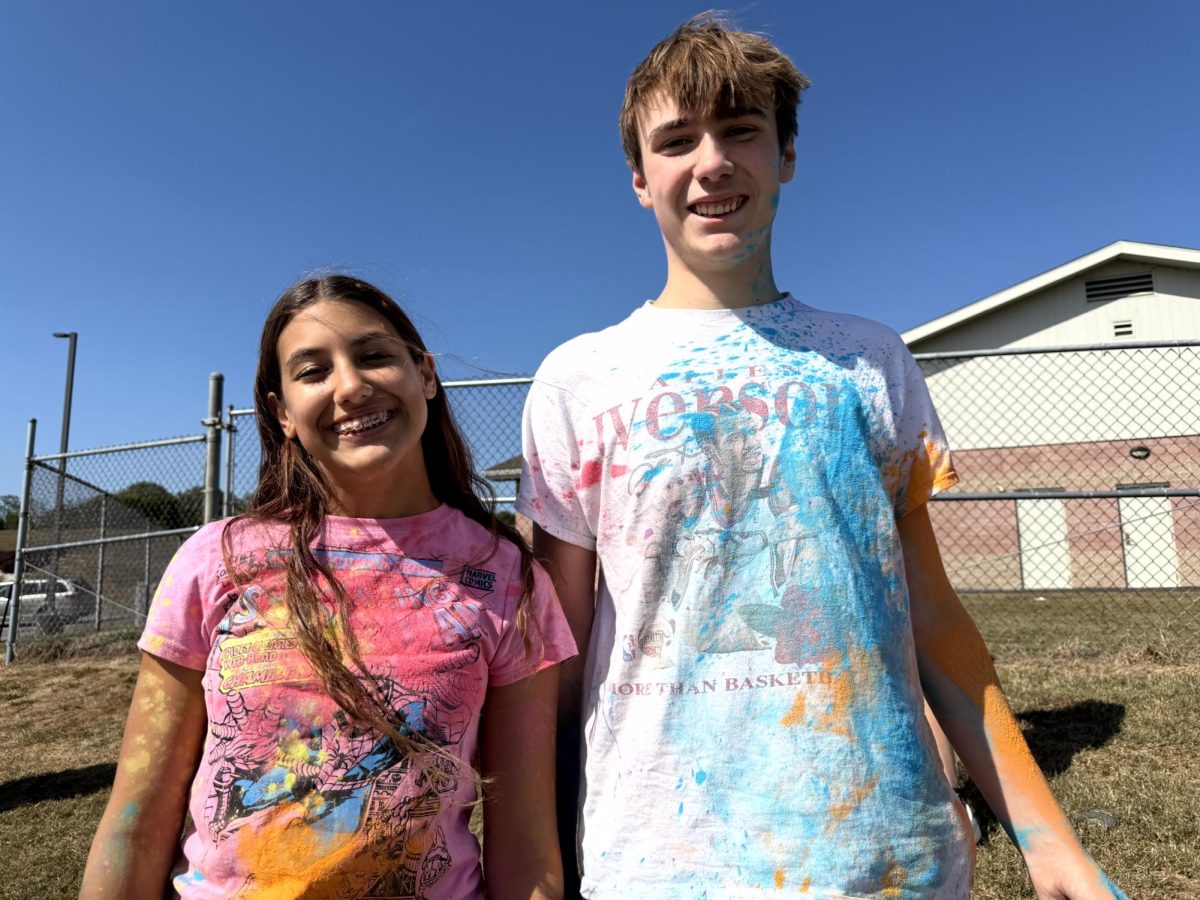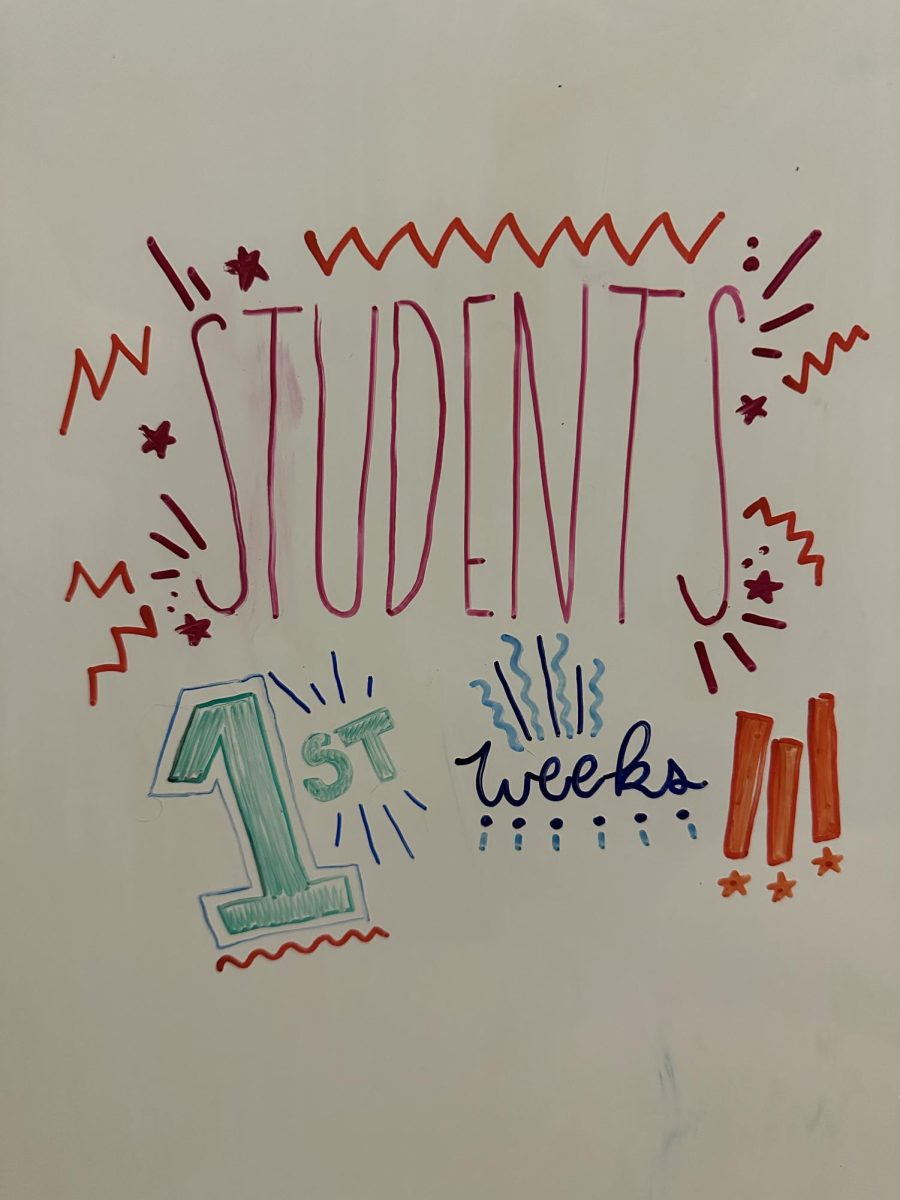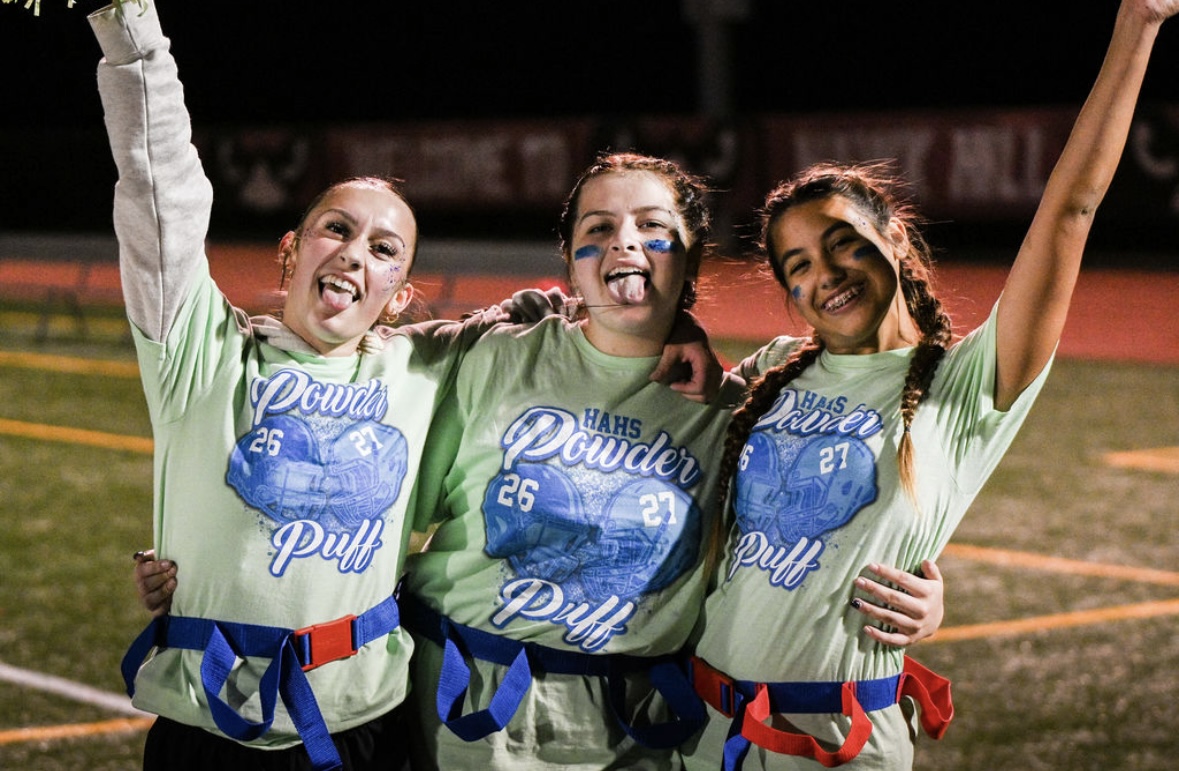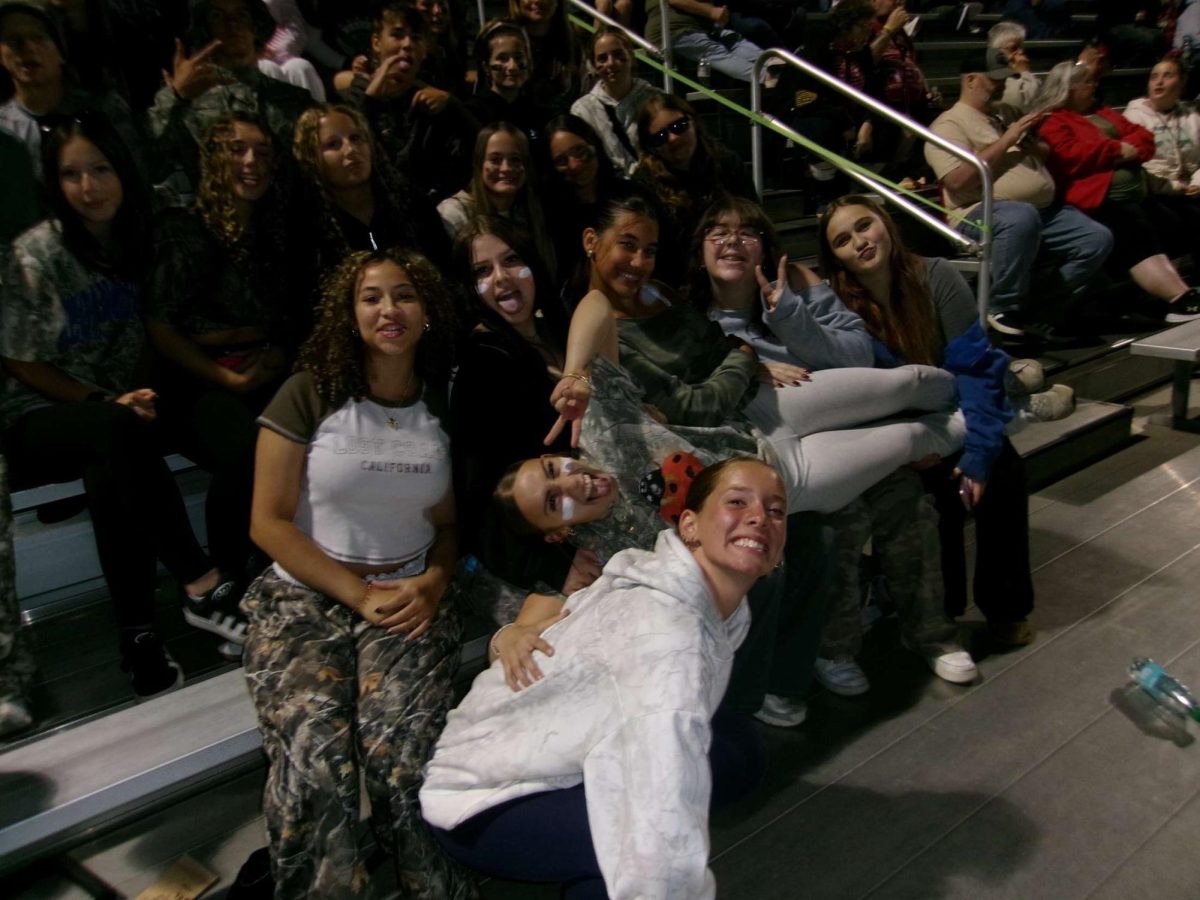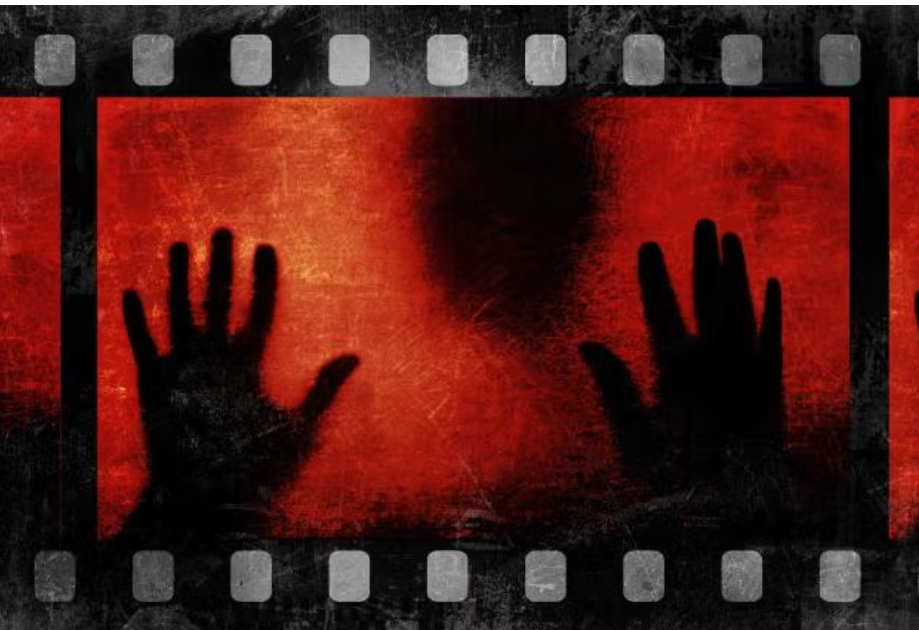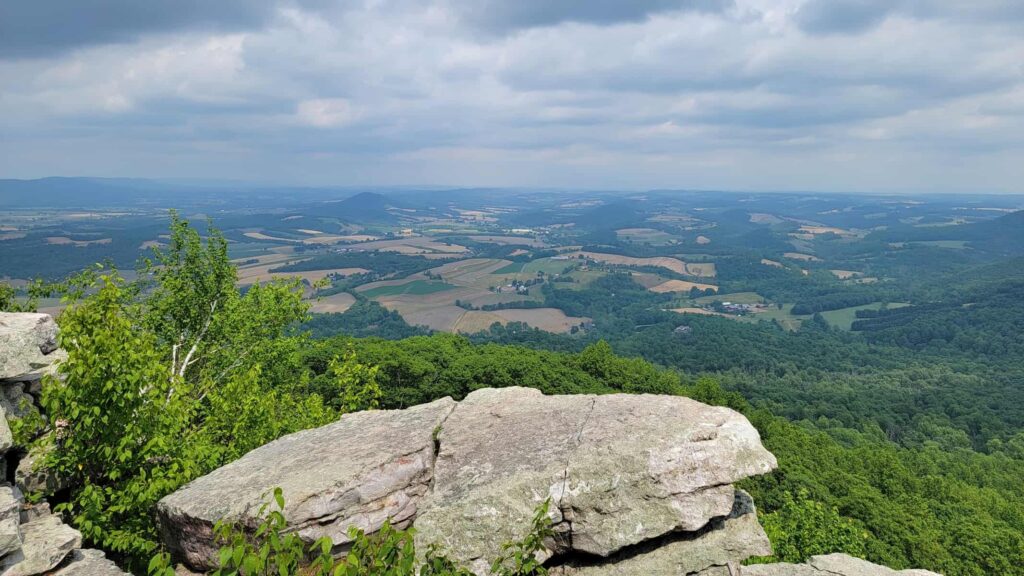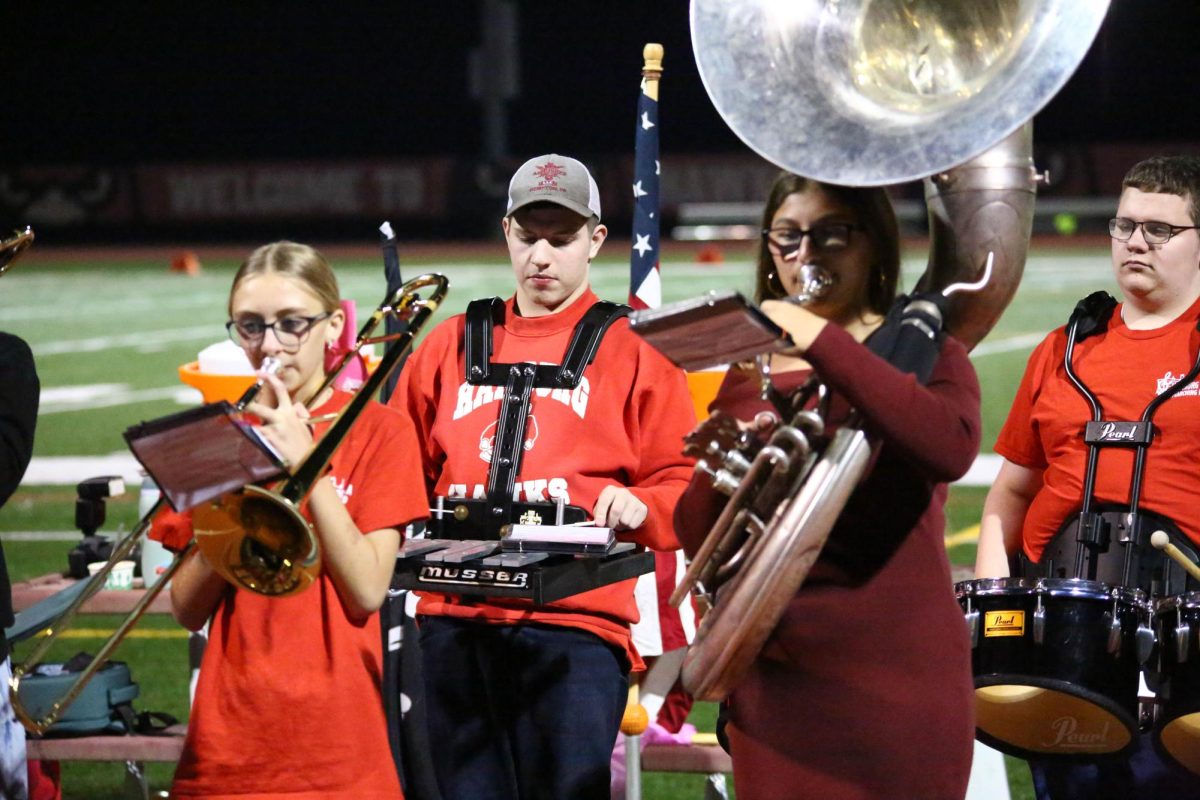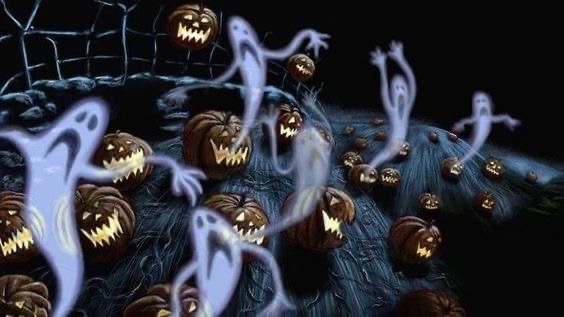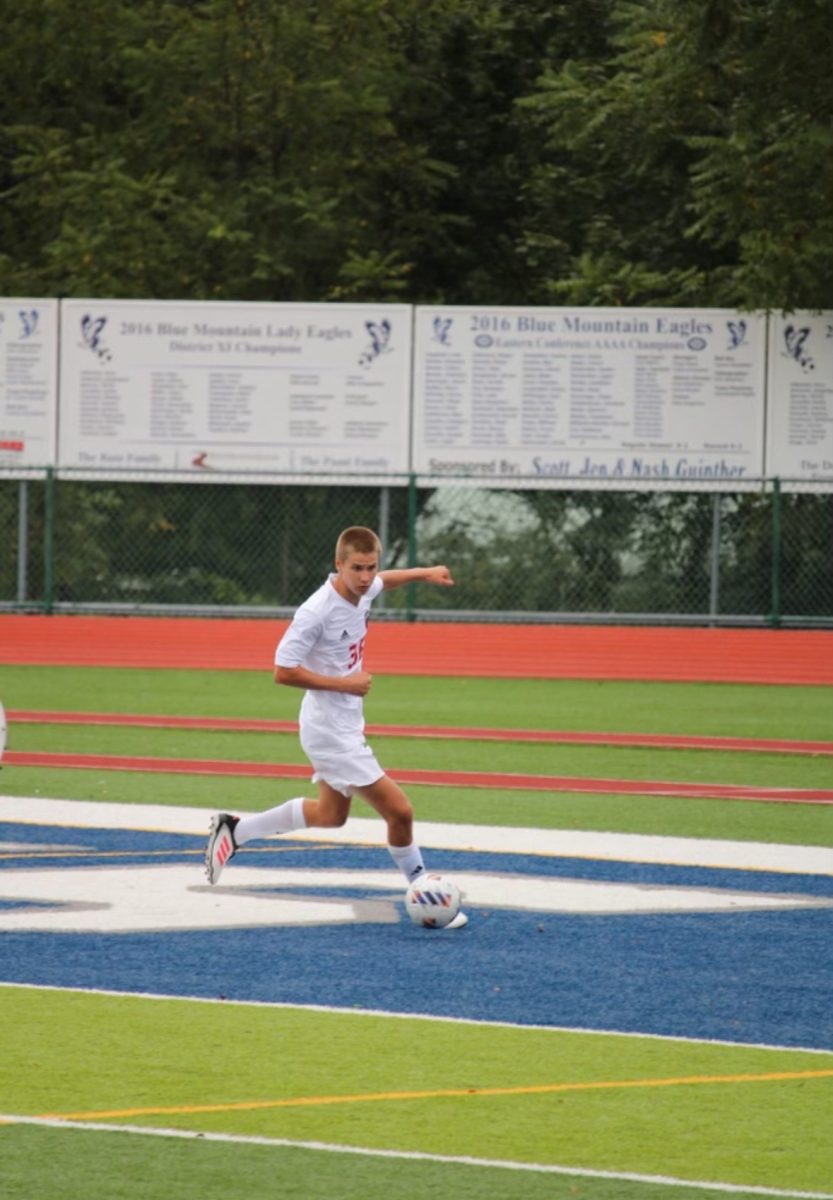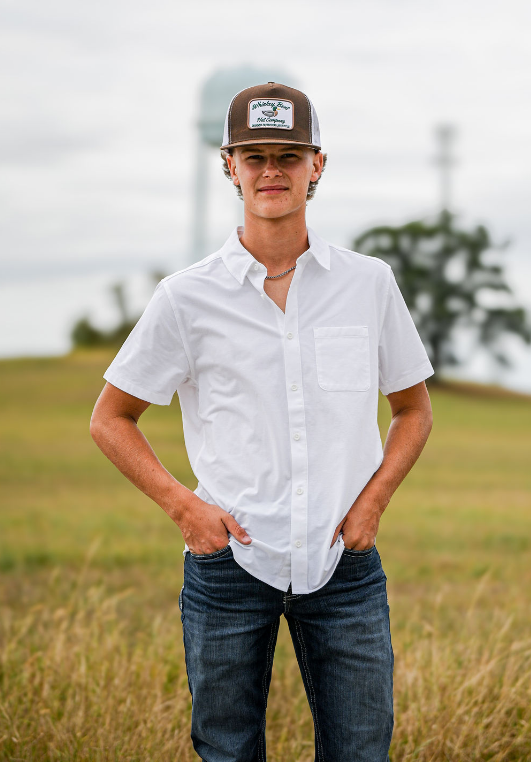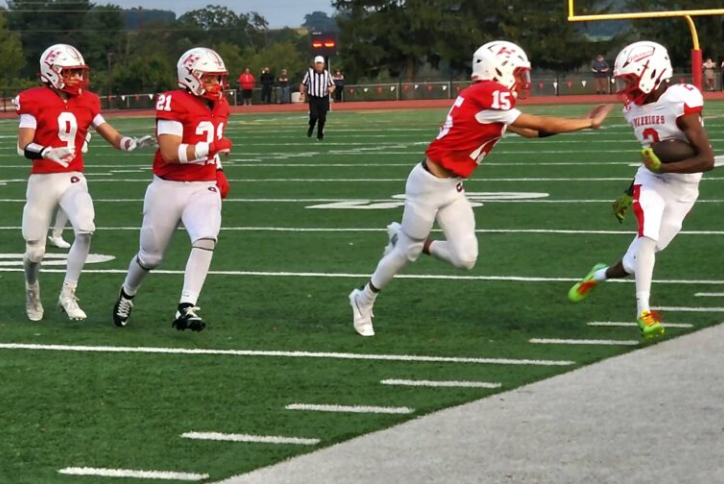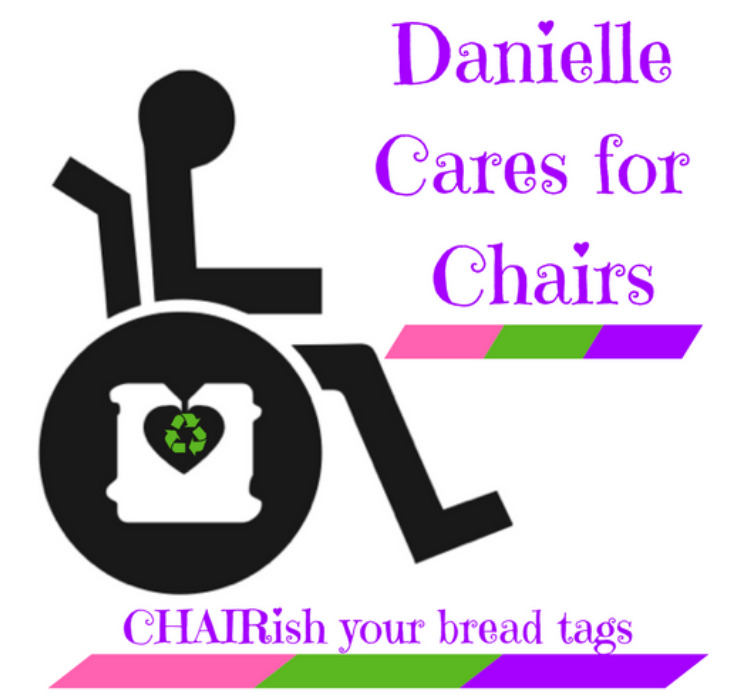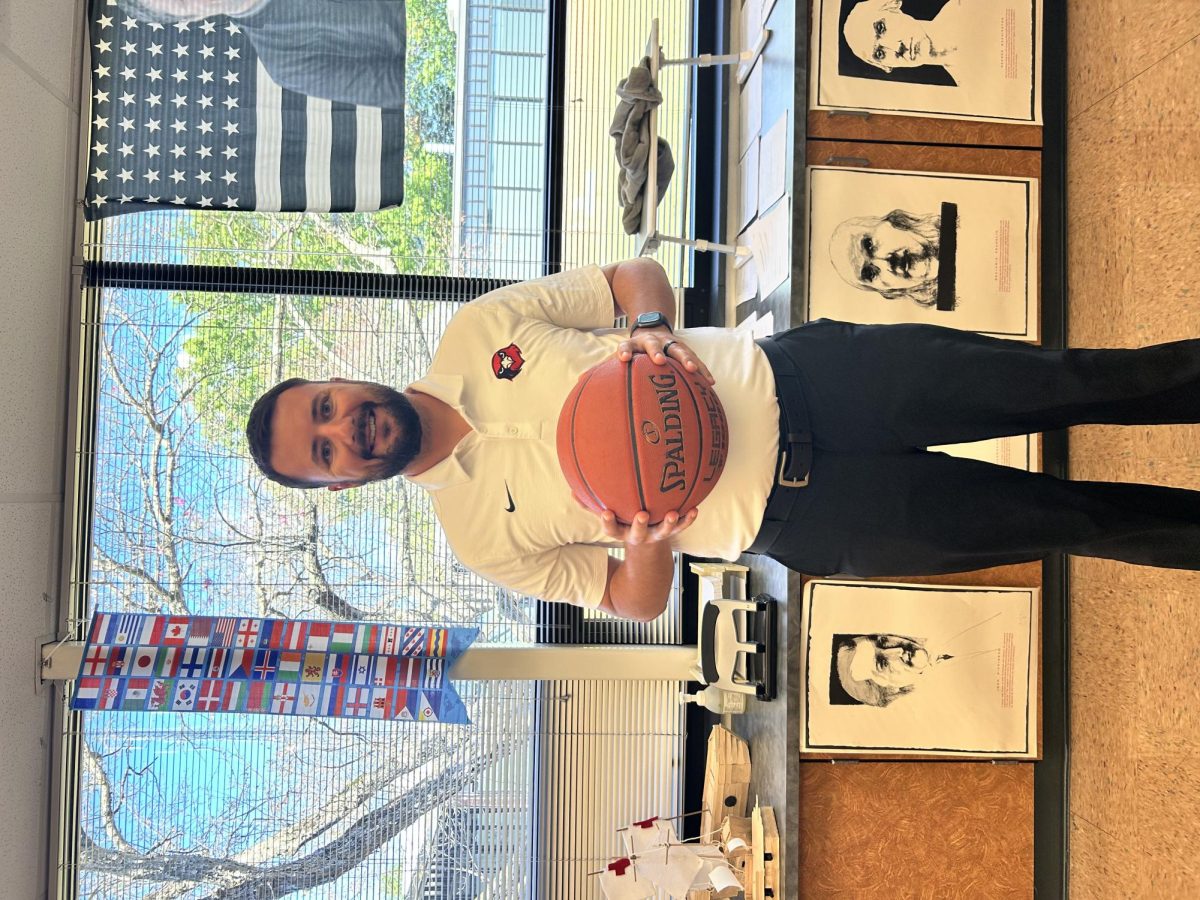Halloween is a worldwide recognized holiday, traditionally celebrated in various ways like going trick or treating, watching horror films, carving pumpkins, dressing up in costumes, telling scary stories, and more, which helps the holiday stay recognized as the annual “spooky season.” But setting aside the cobweb-covered porches and scary movie marathons, many individuals wonder a specific question: why do so many find fear exciting rather than purely frightening.
Fear is not just a feeling; fear is a survival mechanism. According to the University of Texas Permian Basin’s article, “For our ancestors facing dangerous predators, treacherous terrain, and severe weather, fear was vital to survival. Today, our fear response can kick in at less opportune moments—like experiencing a panic attack before a public speech.”
When people sense danger, their bodies release adrenaline and cortisol to prepare for fight or flight. However, in modern fearful settings such as haunted houses or horror films, the brain eventually realizes that there is no threat. The article notes that, “Once our mind realizes we’re safe, we can relax and enjoy the adrenaline rush.”
The adrenaline fueled excitement is often paired with a spike in dopamine and endorphins (brain chemicals that induce the feelings of pleasure and reward). As the article puts it, “Often, we can’t control what makes us feel afraid, such as an unexpected jump scare in a cheesy horror flick. But our brains are quick to realize that, while startling, these scares are not real threats. Once our mind realizes we’re safe, we can relax and enjoy the adrenaline rush.” This article additionally describes how scary entertainment can act as an outlet for stress as well. “Fear, however, gives us a socially acceptable way to let loose—screaming our way through a haunted house or cursing at the movie screen after a jump scare. Such activities provide a healthy outlet to release pent up emotions, helping to alleviate stress and anxiety.”
Fear does not just give us a thrill, however, it can also be of assistance to us when we want to feel more resilient. The UTPB article points out that “This drive to understand the unknown propels many of us to seek out frightening experiences, even if it means venturing alone into a haunted house.” This not only allows them to confront challenges in a safe space, but to also help them build confidence in their ability to handle emotions.
Another factor is the social bonding ability that comes from sharing scares with other individuals. The article claims that “Experiencing fear in a group can amplify emotions…This shared euphoria can strengthen bonds with others, as fear can foster a sense of closeness and camaraderie.”
Not all Halloween thrills are loved worldwide, however. The Harvard Business Review’s article states that “Some research indicates that people with a higher sensation-seeking trait (i.e., a stronger need for experiencing thrill and excitement) tend to seek out and enjoy horror-related experiences more. Those with a lower sensation-seeking trait may find those experiences unpleasant and avoid them.”
The article also explains that “In addition, individual differences in empathy are associated with enjoyment of horror. Those who are not so empathic can enjoy horror more. This is because those with a higher level of empathy tend to feel more negatively about the distress situations others experience, like people being tormented by a devious murderer in a film.”
So whether people are lining up for the scariest haunted maze or staying home with candy and a light-hearted costume, the season offers a small, unique window into how our brains process and determine fear, as well as how most people sometimes learn to love it.
For more information, visit https://online.utpb.edu/about-us/articles/psychology/halloween-and-the-psychology-of-fear-why-we-enjoy-being-scared/ and https://hbr.org/2021/10/the-psychology-behind-why-we-love-or-hate-horror.

